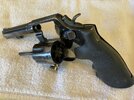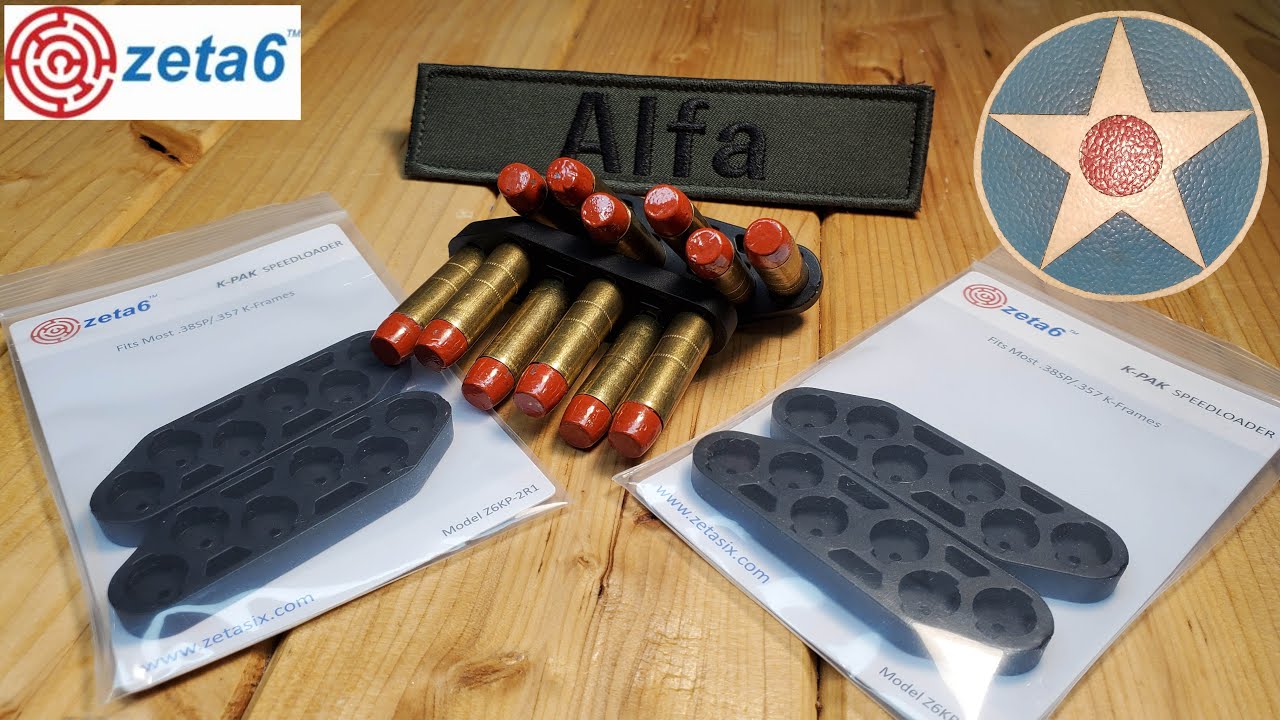monotonous_iterancy
Member
- Joined
- May 27, 2012
- Messages
- 916
I have gotten a job as an armed security guard for an active industrial facility in a mostly abandoned section of an American city. The post is behind a fence with razor wire.
Now, about a decade ago, in my late teens, I was very much into guns, and considered myself knowledgeable. I own several rifles and a shotgun, and also had access to a .38 special snub-nose until it was given away. However, while I am embarrassed to say it, I haven’t fired a gun in years - about a decade. All of my guns have been sitting in a safe smothered in Rig Grease on the outside and coated with Break Free Collector in the bore.
This is due to a mixture of geographic and financial concerns. The ammo shortage and price spike after Sandy Hook caused me to turn my attention away, and in the time since I moved from the country to the suburbs, and have never been to a formal range in my life with range officers and a need to pay to enter. I find the idea a little intimidating.
However, this new job has me turning my attention back to guns. But, my knowledge has largely faded, and I am also unfamiliar with new gun releases that have happened since then. There are the standard Glock 19’s, for instance, but if a newer gun fits me best, I want to carry it.
So, I would like your advice on what handgun might work for me, within the limitations I have been given. I am able to carry either a double action .38 special revolver, or a semi-auto in 9mm or 40 S&W.
The regulations for my jurisdiction say that the revolver barrel must be between 4 and 5 inches. A semi-auto must be double action only.
A manager at my company also told me that the semi-auto cannot have an exposed hammer, and it must have a trigger safety - so 1911s are out of the question, for instance.
Given these limitations, what would you all recommend? I plan to train heavily with whatever I carry until its operation is a matter of muscle memory.
I feel some attachment to revolvers because, of the relatively little handgun experience I have, I have the most experience with a revolver. I also fear limp-wristing a semi-auto in a high stress situation in the (seemingly unlikely event) that I should ever have to fire my weapon - this is based on my experience as a teenager of about 15 shooting a Taurus .45 semi-auto. I fired a Glock a few years later and did fine.
However, the idea of having more rounds on hand appeals to me, particularly since I am limited to .38 special and more powerful revolver rounds are out of the question.
Your advice would be appreciated.
Now, about a decade ago, in my late teens, I was very much into guns, and considered myself knowledgeable. I own several rifles and a shotgun, and also had access to a .38 special snub-nose until it was given away. However, while I am embarrassed to say it, I haven’t fired a gun in years - about a decade. All of my guns have been sitting in a safe smothered in Rig Grease on the outside and coated with Break Free Collector in the bore.
This is due to a mixture of geographic and financial concerns. The ammo shortage and price spike after Sandy Hook caused me to turn my attention away, and in the time since I moved from the country to the suburbs, and have never been to a formal range in my life with range officers and a need to pay to enter. I find the idea a little intimidating.
However, this new job has me turning my attention back to guns. But, my knowledge has largely faded, and I am also unfamiliar with new gun releases that have happened since then. There are the standard Glock 19’s, for instance, but if a newer gun fits me best, I want to carry it.
So, I would like your advice on what handgun might work for me, within the limitations I have been given. I am able to carry either a double action .38 special revolver, or a semi-auto in 9mm or 40 S&W.
The regulations for my jurisdiction say that the revolver barrel must be between 4 and 5 inches. A semi-auto must be double action only.
A manager at my company also told me that the semi-auto cannot have an exposed hammer, and it must have a trigger safety - so 1911s are out of the question, for instance.
Given these limitations, what would you all recommend? I plan to train heavily with whatever I carry until its operation is a matter of muscle memory.
I feel some attachment to revolvers because, of the relatively little handgun experience I have, I have the most experience with a revolver. I also fear limp-wristing a semi-auto in a high stress situation in the (seemingly unlikely event) that I should ever have to fire my weapon - this is based on my experience as a teenager of about 15 shooting a Taurus .45 semi-auto. I fired a Glock a few years later and did fine.
However, the idea of having more rounds on hand appeals to me, particularly since I am limited to .38 special and more powerful revolver rounds are out of the question.
Your advice would be appreciated.



